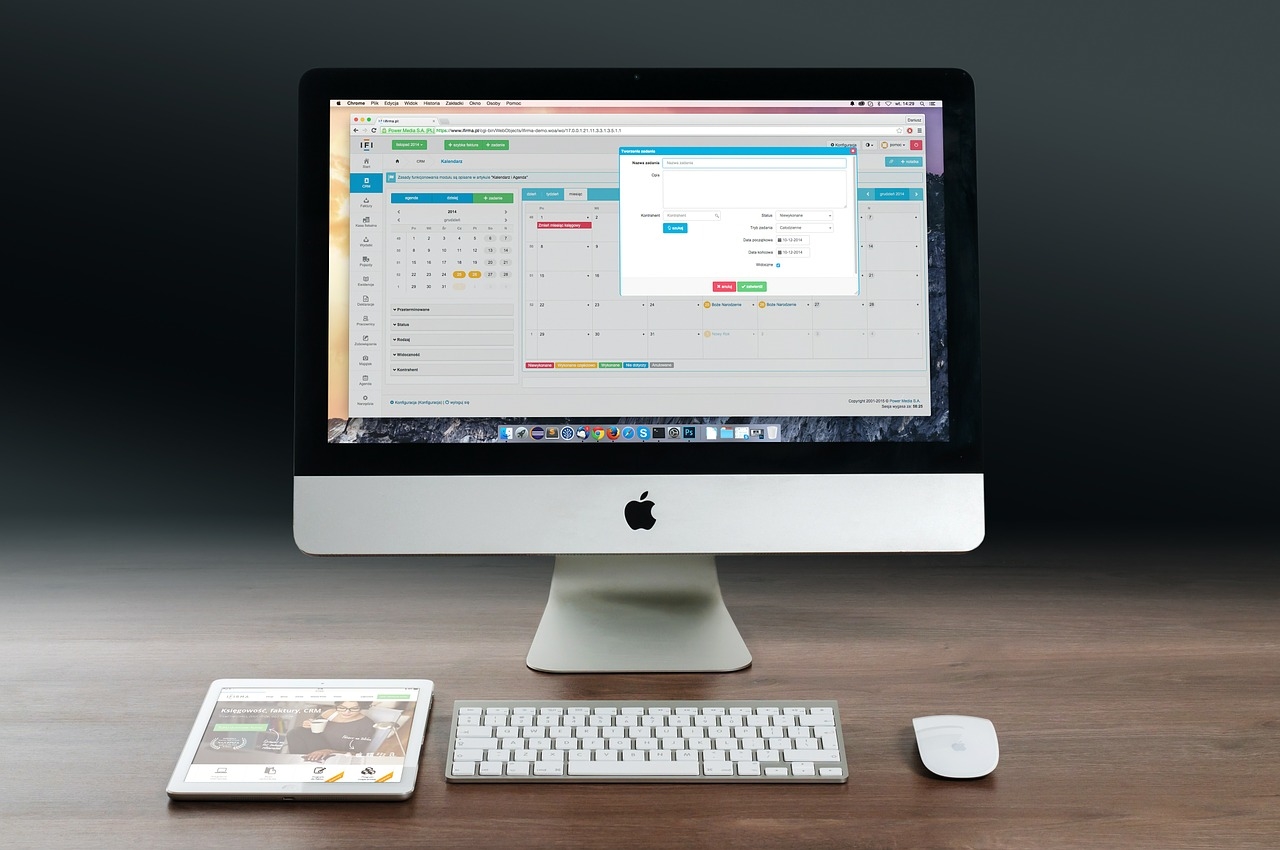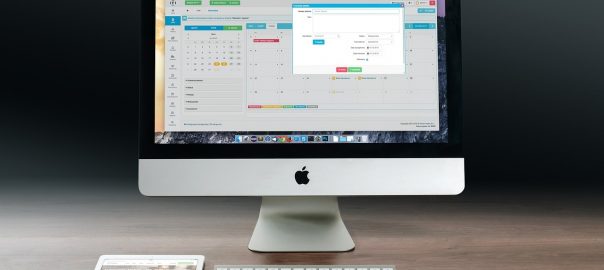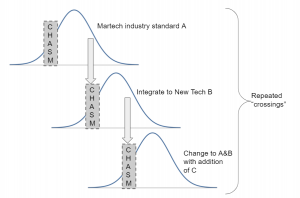— December 12, 2017

FirmBee / Pixabay
Jimmy Dean once said: “I can’t change the direction of the wind, but I can adjust my sails to always reach my destination.”
This quote is extremely relevant to the two-thirds of a global population that are currently in the workforce. The workplace is changing more quickly than ever before. What can workers expect in the coming years? Here are some substantial changes that redefining the way we work.
Artificial intelligence makes workers more efficient and reduces human error
IPM first begin marketing computers in the 1970s. Computers have played a key role in shaping the workforce ever since. However, the bulk of the progress has taken place over the past decade and is only accelerating. Over the past couple of years, businesses have finally begun to realize the virtually unlimited potential of artificial intelligence. Konica Minolta recently published a whitepaper predicting that AI will change the workplace even more in the next few years.
Amazon has begun using Kiva robotic technology for warehouse fulfillment. This technology has caused speed and productivity to quintuple over the last couple years. X.ai’s Amy has been used to deliver emails far more efficiently. Tools like Amy are important for making sure employees’ time is used more efficiently, since 15% of it is allocated to checking and sending emails.
Increased emphasis on greener solutions
A growing number of companies are trying to minimize their carbon footprint. This is largely because climate change is taking its toll on businesses across the world by driving up costs, according to The State of Green Business, 2017 report.
Landor Associates’ Chief Strategy Officer, Russ Meyers has tracked the growth of sustainability in business over the last half century. He predicts the workforce will rely more heavily on green solutions in the next few years. Digitalization has played an important role by creating a path to a paperless workplace.
Wireless technology leads to more physical mobility within company grounds
Countless articles have been written on the growth of telecommuting. Telecommuting would not have been possible without new wireless technology. However, the same technology is having a more profound impact on the traditional workplace than remote employees.
A growing number of employers are allowing their workers to bring their mobile devices to work. This has led to greater mobility within the confines of the traditional workplace environment.
Many companies are changing their facilities to make it easier for employees to move more freely within them. Office cubicles are being removed to make room for furniture that can be shared by numerous employees. Rather than being restricted to a particular desk for the direction of their career, employees may choose where they would like to work at any given time. Allowing them to work in different rooms on any given day let’s employees have different experiences, which are necessary to improve their mood.
Offering more mobility also makes it easier for employees to interact with their peers throughout the organization, rather than being forced to see the same few faces every day. This improves relationships between employees, which is essential to strengthen the company culture and promote the exchange of ideas.
Scheduling flexibility
Providing flexible schedules is important for a variety of reasons:
- Businesses need to make sure human capital is used as efficiently as possible. Overstaffing increases operating costs, which many companies cannot afford. Funding opportunities have been more limited since the Great Recession, so brands must maintain a lean workforce to keep costs in line. Many brands are using predictive analytics tools to assess staffing needs on a monthly, daily or even hourly basis. They frequently monitor website traffic and third-party market data to each customer activity over time.
- Employees are placing more pressure on brands to shift towards a system with more work-life balance. More advanced staffing technologies make it easier to track employee availability. Employers are trying to sign work to employees that Will be least inconvenienced, which helps improve worker satisfaction.
Many new apps have increased scheduling flexibility.
Business & Finance Articles on Business 2 Community
(37)







